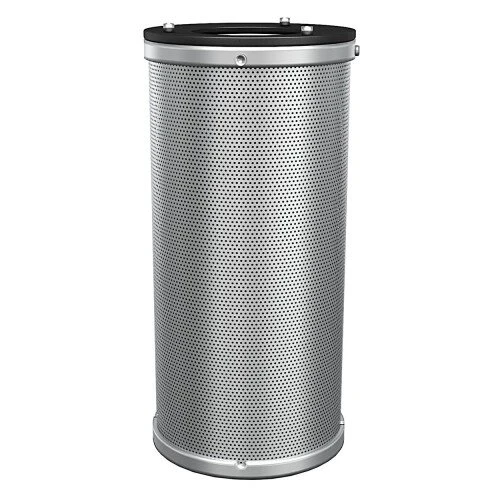 Tel:
+8615930870079
Tel:
+8615930870079
Ago . 12, 2024 05:38 Back to list
High-Performance Anti-Static Filter Cartridge for Improved Air Quality and Equipment Protection
Understanding Anti-Static Filter Cartridges Purpose and Benefits
In various industries, the control of airborne particles and contaminants is vital to ensuring product quality and safe working environments. One essential component in achieving this is the use of anti-static filter cartridges. These specialized filters are increasingly gaining traction for their unique properties and effectiveness in addressing both particulate and static electricity challenges.
What is an Anti-Static Filter Cartridge?
An anti-static filter cartridge is a type of filtration system designed to capture and remove dust, debris, and other airborne contaminants while minimizing the risk of static electricity build-up. These cartridges are typically made from materials that possess inherent anti-static properties or are treated with anti-static coatings. This feature is especially beneficial in environments where flammable substances are present or where sensitive electronic components may be damaged by electrostatic discharge.
The Mechanism of Action
The effectiveness of anti-static filter cartridges lies in their ability to repel static electricity. Traditional filters can accumulate dust and debris, which can create a static charge, increasing the risk of sparks or fires in sensitive environments. Anti-static cartridges utilize advanced materials and engineering techniques to dissipate static charges, allowing for a safer working environment. They function through a combination of mechanical filtration, where particles are trapped in the filter media, and static dissipation, which prevents the accumulation of static build-up.
Applications of Anti-Static Filter Cartridges
Anti-static filter cartridges find applications in a variety of settings
1. Electronics Manufacturing In facilities where electronic components are produced, even a small static charge can lead to component damage. Implementing anti-static filter cartridges helps maintain clean, static-free air, protecting these sensitive components during the production process.
2. Pharmaceutical Industry In pharmaceutical manufacturing, maintaining a sterile environment is paramount. Anti-static filters help eliminate particulate contamination while preventing static build-up that could disrupt operations or create unsafe conditions.
anti static filter cartridge

3. Food Processing Static electricity can result in the accumulation of dust and particles in food processing environments, potentially compromising product quality. Anti-static cartridges help mitigate these risks, ensuring that air quality is maintained.
4. Aerospace and Defense These industries often deal with sensitive equipment and materials. The use of anti-static filter cartridges is critical for ensuring that static discharge does not interfere with operations or damage vital systems.
Advantages of Utilizing Anti-Static Filter Cartridges
The incorporation of anti-static filter cartridges into industrial filtration systems offers several benefits
1. Enhanced Safety By preventing static build-up, these filters reduce the risk of sparks or explosions in environments with flammable materials.
2. Improved Air Quality Efficiently capturing particles and contaminants ensures a cleaner working environment, leading to better health outcomes for employees.
3. Extended Equipment Life By protecting sensitive electronic equipment and machinery from static-related damage, these cartridges contribute to the longevity of expensive equipment.
4. Cost Efficiency While the initial investment in anti-static filter cartridges may be higher than standard filters, the long-term savings from preventing equipment failure and maintaining product quality can justify the expense.
Conclusion
In summary, anti-static filter cartridges play a crucial role in a variety of industrial applications by providing effective filtration while reducing static electricity risks. As industries continue to prioritize safety and efficiency, the adoption of these advanced filtration solutions is set to grow. Investing in anti-static filter cartridges not only enhances operational safety but also contributes to improved air quality and increased equipment longevity, making them an essential component in modern industrial practices.
-
Types and Applications of Air Filtration CartridgesNewsJul.28,2025
-
The Role of Gas Turbine FiltersNewsJul.28,2025
-
Mastering Air Filter Cartridge UseNewsJul.28,2025
-
Advanced Turbine Filters for Modern Gas TurbinesNewsJul.28,2025
-
Cellulose Air Filter Cartridge Advantages in Dust FiltrationNewsJul.28,2025
-
Cellulose Filters for Air Particle ReductionNewsJul.28,2025

 Email:
Email:





